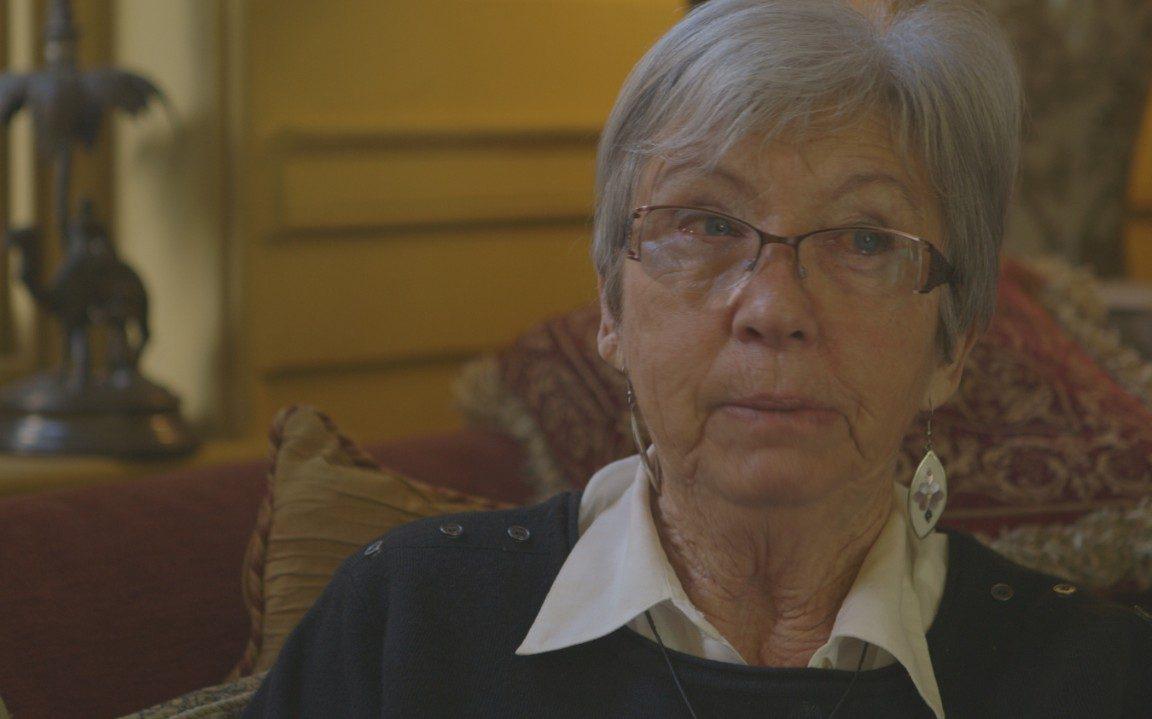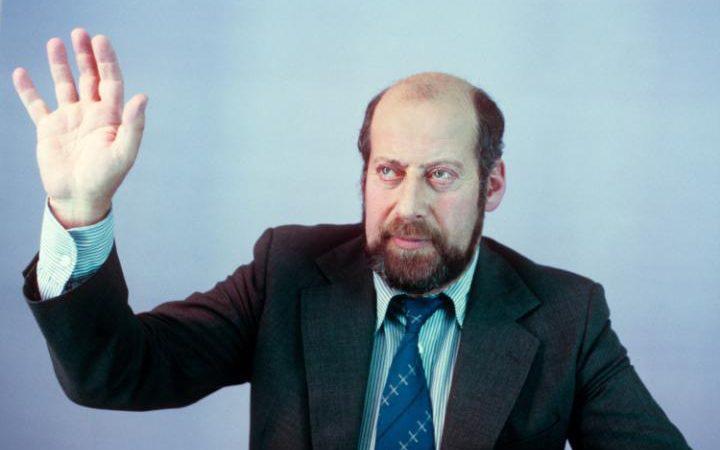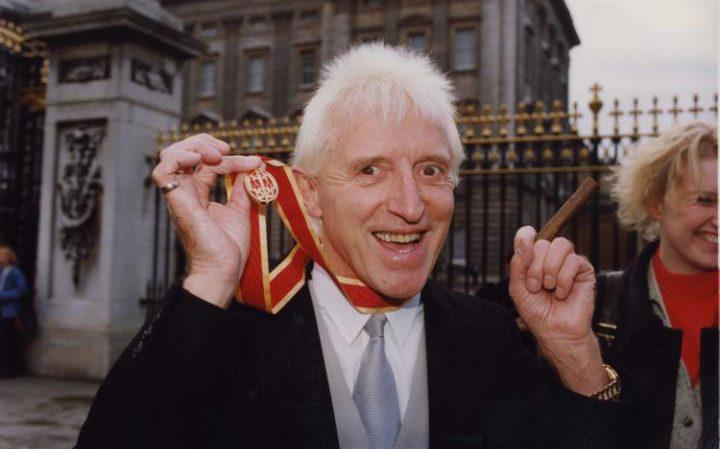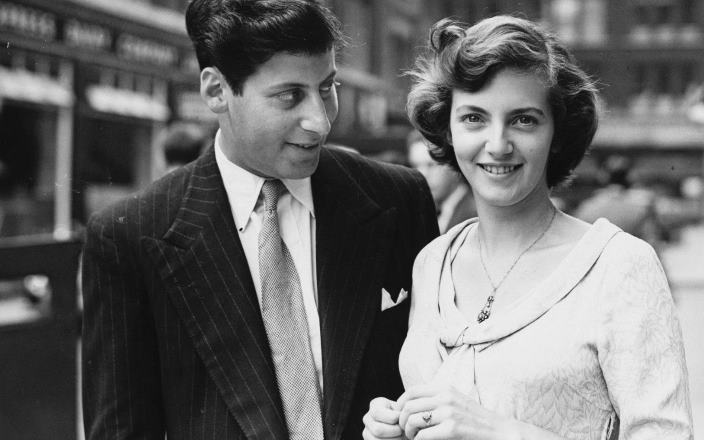|
Why abuse victims wait until their twilight years to come forward
By Polly Dunbar
Telegram
June 19, 2016
http://www.telegraph.co.uk/women/life/why-abuse-victims-wait-until-their-twilight-years-to-come-forwar/
 |
| Sylvia Woosley kept her abuse at the hands of Sir Clement Freud secret for over 60 years |
 |
| Sylvia was a lonely 10-year-old with an absent father when Freud came into her life. |
 |
| Sir Clement Freud was elected a Liberal MP in 1973 |
 |
| The seismic impact of the Jimmy Savile scandal encouraged other abuse victims to come forward. |
 |
| Clement Freud with his fiancee, later wife, Jill in 1955 |
[with video]
For more than 60 years, Sylvia Woosley kept a terrible secret. When she finally spoke publicly last week about the sexual abuse she suffered from the age of 10 at the hands of the late Sir Clement Freud, her words hinted at the corrosive guilt and shame she had carried with her all that time: “I want to die clean.”
Now in her late seventies, Sylvia decided to break her silence in an ITV Exposure programme, aired last Wednesday. She watched it at the home of David Henshaw, its executive producer. “Afterwards, I asked her how she felt, and she said, ‘I just feel very happy’,” he says. “She looked 10 years younger. She was very eloquent, talking about how it was the child in her who wanted to be heard and believed, and when that finally happened, she felt a huge sense of relief and peace.”
Many watching may have wondered, why now? But strikingly sad as Sylvia’s story is, it is not uncommon for abuse victims appear to wait until their twilight years to reveal their experiences - the thought of taking their suffering to their grave finally outweighing the pain incumbent in unburdening themselves.
“We get calls from people as old as 90, some of whom have never told anybody about what they went through as children – not even their closest family members,” says Pete Saunders, chief executive of the National Association for People Abused in Childhood (NAPAC). “The average time for a victim to speak out is 22 years after the last incidence of abuse, but it can be much, much longer.
“Towards the end of people’s lives, they often reflect back and feel a need to address unresolved issues. Victims can realise what happened to them was an absolute disaster which clouded everything in their lives.”
Child sexual abuse most commonly happens in the home, perpetrated by a family member or close friend, which makes it particularly difficult for victims to speak out.
“At the time that it’s happening, victims feel total confusion if their abuser is someone close to them, someone who has made them feel loved,” says Pete, who suffered sexual abuse by a family member during his own childhood. “They worry they won’t be believed if they tell someone, but they often also feel a sense of awe about their abuser, and an attachment to them, which makes them want to protect that person.”
In the programme, Sylvia admitted to feeling liberated to come forward by Freud’s death in 2009, because her revelations could no longer destroy his relationships or career.
Pete says: “Victims have been groomed to be under the power and control of their abuser, and that feeling can extend long into adulthood. It’s similar to Stockholm Syndrome – even an elderly person can still feel an emotional attachment to someone who abused them, because that person fooled them into believing they really cared for them. It can stop them from coming forward for decades.”
Although speaking out is always an exceptionally difficult process, it is even more problematic for those abused as long ago as Sylvia, in an era when sex was rarely discussed, and children were taught to be deferential to adults no matter the situation.
“At that time, young people didn’t have the language to describe what had happened, and Sylvia and Joanne [a second victim of Freud] were accused of telling lies by their mothers, or of misinterpreting an unfortunate sexual experience,” says David.
For those who grew up in the 1940s and 50s, when discussing emotional matters was discouraged, attempting to forget their experiences and maintain a façade of normality may have seemed the safest option - yet caused untold collateral damage, including depression, alcohol or drug dependency, low self-esteem and an inability to form secure relationships.
“You try to get on with life, but there’s always a cloud hanging over you, and then something happens to trigger it all coming back,” says Pete. “That’s often when people come forward.”
Sylvia’s case only came to light when a manuscript of the memoir she had begun writing 12 years ago was passed to David, via a friend of a friend. “When I read it, it felt very truthful,” he says. “She came to see me and by the end of our time together, I felt she was almost certainly telling the truth, and that we should try to corroborate her story.
“It was very damaging for her to carry it around for so long. It’s impacted her ability to form relationships and her confidence. Making the film was depressing, and what I’ve taken away from it is the sense of how selfishly sex offenders ruin people’s lives for a moment of pleasure.”
As the seismic impact of the Jimmy Savile scandal showed, films like this can, however, encourage hundreds of other victims to come forward.
Jon Brown, Head of Child Protection at the NSPCC, says many adults – including elderly people – called the charity’s helpline in the wake of the revelations about his systematic abuse of children over the course of decades. “Many were victims who were relieved to hear child sexual abuse being talked about openly in the media,” he says. “There’s been a sense of there being strength in numbers, of ‘It wasn’t just me’, of it being time to take that weight off their shoulders. It’s been cathartic for many people.”
David agrees. “I don’t think ITV or the BBC quite anticipated the social earthquake which would happen when they initially uncovered the scandal,” he says.
He expects more victims of Freud to emerge in the coming weeks and months. “More are already coming forward, and I’ve seen a lot of discussion on social media which suggests there will be others,” he says. “If it helps others to feel they’ll be believed, that’s a good thing.”
Although victims often feel a sense of relief when they finally share their secret, speaking out can still have devastating consequences – particularly if they wait until close to the end of their life to do so.
“The impact of a revelation that a someone has been sexually abused is like a nuclear explosion going off in a family,” says Pete. “If the abuser is a family member, how do you process that? It can lead you to question everything in your life: whether you could have prevented it, whether it happened to others, whether you really knew that person.
“Everyone in the family sees themselves as being contaminated by the knowledge. In cases where someone waits until old age to talk about their abuse, it’s often because they didn’t want to cause this sort of trauma – so they suffer in silence until other family members die, or they feel they no longer have anything to lose.”
And after the initial unburdening, victims can find themselves reliving the trauma of the past.
“Finally talking about what they went through decades ago can catapult them emotionally back to that time,” says Jon. “They need professional help to make sense of their experiences, and there isn’t a lot of therapeutic support out there for adult victims of child abuse.”
After the ITV programme aired, NAPAC received a call from a woman for whom Sylvia’s experience was a wake-up call. “She said she had seen Sylvia talking about keeping her secret for all those years, and how much she’d suffered as a result, and it had made her realise that if she didn’t talk about her own experience now, one day she’d be in her late seventies and have suffered just as much,” says Pete.
“Speaking about it earlier might have made the burden easier to bear for Sylvia. But she’s shown that it’s never too late.”
|




